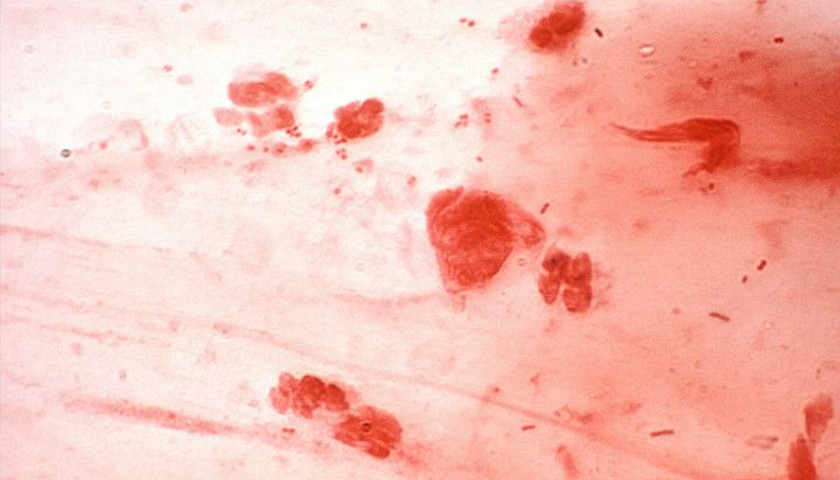The State of Michigan and local health departments are investigating cases of severe gonorrhea in Kalamazoo and two neighboring counties, according to information released on Friday.
Michigan Department of Health and Human Services (MDHHS) issued a statement regarding cases of Disseminated Gonococcal Infection (DGI).
DIG may occur after local symptoms have disappeared, if the sexually-transmitted disease enters the bloodstream. Symptoms of DGI often require hospitalization for joint and tendon pain, swelling, fever, and chills. Anyone experiencing such symptoms should contact their healthcare provider, according to the release.
Kalamazoo County gonorrhea increased by 20 percent in 2018, from 854 cases to 1,027, according to Michigan Department of Health and Human Services (MDHHS).
Four confirmed cases of DGI are in Kalamazoo. Neighboring St. Joseph County has another confirmed case, and one suspected case is being investigated in Calhoun County.
The identities of those with confirmed or suspected DGI have not been released. Individuals identified so far in this outbreak are between ages 20-55.
Cases of chlamydia, gonorrhea, and syphilis also increased statewide in 2018, according to MDHHS, with 51,256 cases of chlamydia; 16,992 cases of gonorrhea; and 654 cases of primary and secondary syphilis.
CDC: Gonorrhea concentrated in specific locations
“Gonococcal infection, in particular, is concentrated in specific geographic locations and communities,” according to The Centers for Disease Control and Prevention (CDC). Because of high reinfection rates, it recommends follow up testing to ensure effectiveness .
CDC treatment guidelines advise that rashes of arms or legs, meningitis, endocarditis, and inflammation around the liver may also occur with DGI.
The CDC tracks and reports monthly on resistance of strains of gonorrhea to antibiotics in the Gonococcal Isolate Surveillance Project.
Sarah Lyon-Callo, MDHHS state epidemiologist, described DGI as “rare but serious” and urged Michigan residents to take precautions.
“Abstaining from sex, reducing the number of partners and consistent and correct use of condoms are all effective prevention strategies to prevent DGI and other sexually transmitted diseases,” according to the MDHHS release.
MDHHS requests that healthcare providers with patients experiencing these symptoms immediately report cases to their local health departments.
– – –
Abigail Nobel is a reporter for The Michigan Star.





